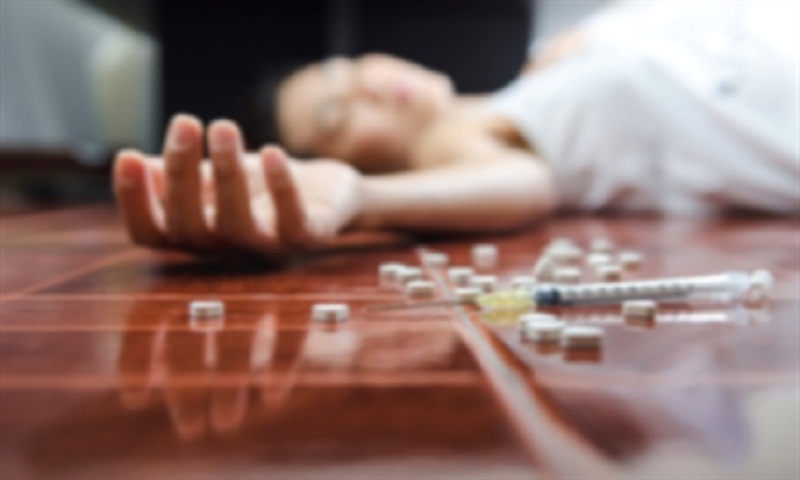Dr. Brenda Gill: Environmental toxic exposure (Part two)
By Dr. Brenda Gill
The last article gave you a questionnaire to help determine if environmental toxins should be considered in your case.
This article will discuss what kinds of symptoms are typical for someone with a toxic overload and some of the solutions.
These are some of the “red flags” I look for with an environmental overload:
Sensitivity or an over-reaction to coffee/alcohol/drugs/foods or chemicals
This may exhibit as feeling digestive upset or nausea, feeling jittery or anxious, breaking out in rashes, having hot flushes or night sweats, can’t take suggested dosage of drug without side effects such as hives or shortness of breath, limited food choices, otherwise symptoms of gas, abdominal cramps, diarrhea, constipation or decreased energy.
There may also be reactions to walking down perfume aisles or other scents in hair spray, lotions, creams, shampoos, cream rinses or laundry detergents, fabric softener or room fresheners.
There may be headaches/decreased energy/muscle weakness/cramps or asthma.
Mental reactions to chemicals
Fuzziness/brain fog/hard to concentrate/focus/decreased memory.
Blood reactions to chemicals
Decreased platelet counts often indicates an over-load of solvents — hexane/methyl pentane —from auto/airplane exhaust or solvents used by car mechanics.
An over-active immune system
With sometimes an auto-immune condition such as lupus/diabetes/rheumatoid arthritis or any others.
A poorly functioning endocrine system
With poorly balanced female or male hormones, diabetes or thyroid imbalances.
Some of the solutions to consider:
- Drink half your weight in water – For example, if you are 140 pounds, you should be drinking 70 oz of water per day or about seven to eight glasses per day. This flushes out the toxins being processed through the kidneys.
- Minimize acidic drinks – Substitute coffee, tea, green tea, white tea, yerba mate, honey bush, rooibos, colas or other pop, Red Bull or other stimulant drinks. These don’t allow the body to release toxins, put a toxic load on the liver and kidneys and add to the toxic load.
- Keep your acidic foods balanced with your alkaline foods. Therefore, always try to have about the same amount of protein (chicken, turkey, eggs, fish, tofu/tempeh, beans and legumes) as veggies, fruit and whole grains.
- Maintain at least a half hour of exercise a day. Increasing your activity level so your heart rate is increased for at least four hours per week helps the body process toxins and metabolites more efficiently, maintains your metabolic rate to burn calories, releases stressors in the body and mind, gives you a “mini-holiday” from life’s commitments, increases the lung capacity and therefore the oxygen capacity to the cells, allows the absorption of Vitamin D from the sun, helps produce serotonin, that “feel good” hormone in the body. The bottom line: You can’t afford not to.
- Skin brush after a shower or bath. End your shower or bath in cool water and towel off in lymph direction. Towel down the front of the arm and up the back of the arm, down the front and back of the body to the groin and up the legs to the groin. This allows the toxins to be collected at the lymph centres, so the body can eliminate them through the feces and urine.
- Do Castor oil packs at least four times per week. Most of you have read how to do a castor oil pack. If not visit the Facebook site for directions. The castor oil pack draws out toxins, metabolites and hormone breakdown products from the lymph system to drain the liver. This unloads the liver, so, it can do a better job of clearing metabolites. When the liver is unloaded, it lets go of fat or water that it uses to protect itself from the toxin. This is the main reason people will lose their mid-abdominal weight when they detoxify properly.
This should start you on the way to minimizing those toxins that all of us are exposed to in everyday life.
The next article will discuss supplements that may be helpful.
- For a more detailed and individual approach, please make an appointment with Dr. Brenda Gill (362-5035 or 250-352-3150).


























Comments